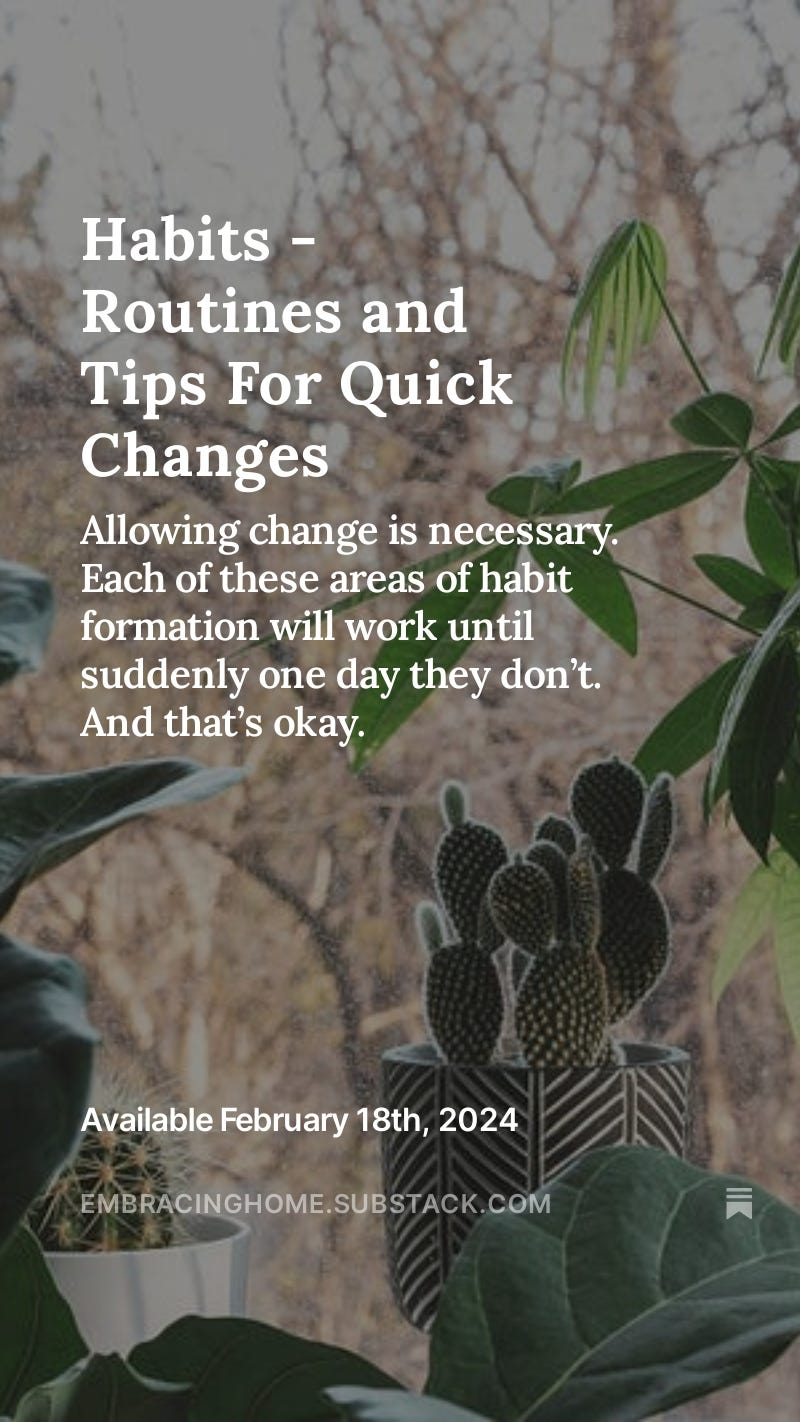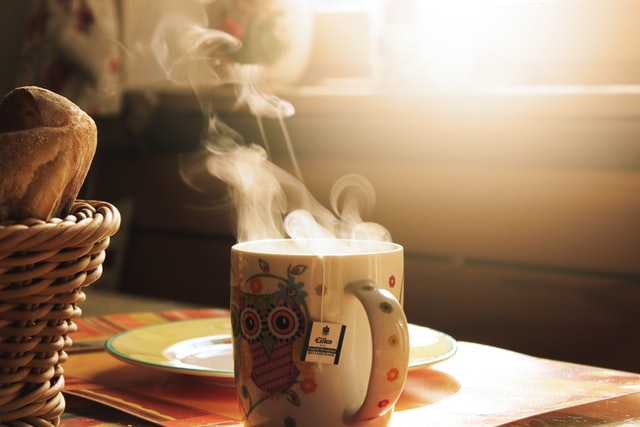Rhythms are patterns we follow as a way of doing something. I think of a rhythm as a soundtrack to the morning or afternoon. If I were in a movie, what music would be playing in the background?
As I get into the habit of organizing my life with rhythms and routines, I’ve come across some really useful things that others might overlook.
This first one was a game-changer for a dear friend of mine (we will call her “Suzie”). She realized that she had been hard on herself for years because of a simple definition. Understanding rhythms set Suzie free from guilt and I think it has the power to help you too.
“How we spend our days is, of course, how we spend our lives. What we do with this hour, and that one, is what we are doing.” – Annie Dillard
What is the difference between rhythms and routines?
Rhythms
Rhythms are patterns we follow as a way of doing something. The part of my morning routine, after I get into my office, is a good example of this. I have a list of things that I like to do. However, I allow each day to be different. I embrace my mood, how much time I have, what needs to be done, and what I want to work on.
Rhythms are also helpful within a week. Dealing with the variety of tasks and things to be done can be daunting. If every single day was slow and quiet, life would get rather dull. But if every day was fast and intense the body and mind would not be able to keep up. I often look at the week overall and assess what types of rhythm make sense for each day.
The best way I can explain how I use rhythms is by choosing a vibe (a feeling and mood).
I pick what I want that chunk of time to feel like and what I want to focus on.
Here are some examples:
- Mid-morning getting writing done (or schoolwork with my kids) and methodically taking one thing at a time. Working with diligence and determination to be focused on the important tasks in front of me.
- A few hours on a Thursday afternoon with a list of housework tasks to tackle. Sweeping, mopping, wiping down my kitchen with my shoulder shaking playlist. It is high-energy and fun, but I am pushing towards the goal of a completed list.
- A quiet Saturday morning with sunlight in the kitchen, tea, reading on the couch, homemade pancakes for breakfast, and chatting with my kids about the week.
- There are parts of my day that are quieter and more relaxed. Then others that are more productive, social, and task-focused.
- Times in the week when activity ramps up and the schedule is full. Days where I am driving kids to things and I have alarms set on my phone to keep me on track.
Sometimes I think of a rhythm as a soundtrack to the morning or afternoon.
If I were in a movie what would be playing in the background? Would it be a fast-paced montage, lyrical sad girl music, or a slow piano melody?
Rhythms have a natural progression.
One thing leads into the next and progress is made in incremental steps with a natural flow. I am either focused on a way to do things, a category of tasks, or a mood I am approaching that chunk of time with.
Often the specific things I do are chosen at that moment. The type of energy I have that afternoon often determines what I work on. (see my blog for my low-energy lists) Because my schedule is more flexible, I have the freedom to change what I focus on.
Knowing myself and being honest with what I can do has made a huge impact.
“Designing a rhythm of life is something anyone in any season of life can do.
It’s simple and lifegiving and creates a beautiful and flexible framework for decision making.”
– From Emily P. Freeman in this article and podcast.
Routines
Routines are steps that usually happen in a specific way. They are tasks that need to be done. It can be helpful to use things like habit stacking, lists and charts, phone reminders, and bullet journal pages with checkmarks.
When we harness the power of routines we can get more done in shorter amounts of time. We can put things together that logically stack onto one another.
However, if you are someone who thrives on rhythms trying to create and follow set routines will feel suffocating!
Suzie (my friend that I mentioned earlier) had spent years criticizing herself for not being a “routines person”. When she realized that rhythms worked for her she was able to let go of shame and guilt. She was more productive and happier. Sometimes just adjusting the expectations we have of ourselves a small amount can make a huge difference!
I am cheering for you in whatever rhythms you create or decide to try out this week. Experiment with what works for you, in this season, within your home, and with your people.
Be brave and make space for what matters to you.
Be kind to yourself if it takes some trial and error. The way we structure the small things in our lives adds up over time. You can do this!
💙Hugs! – April
More on Routines in my next post!!

